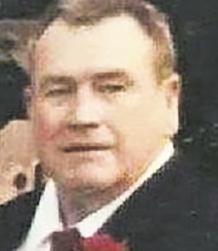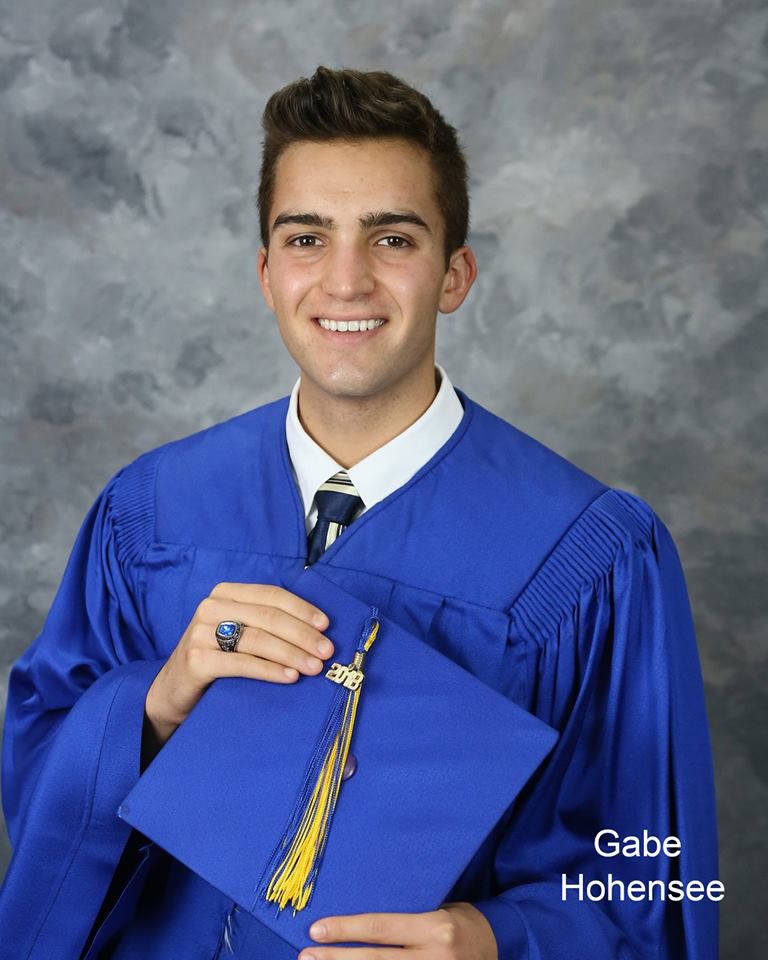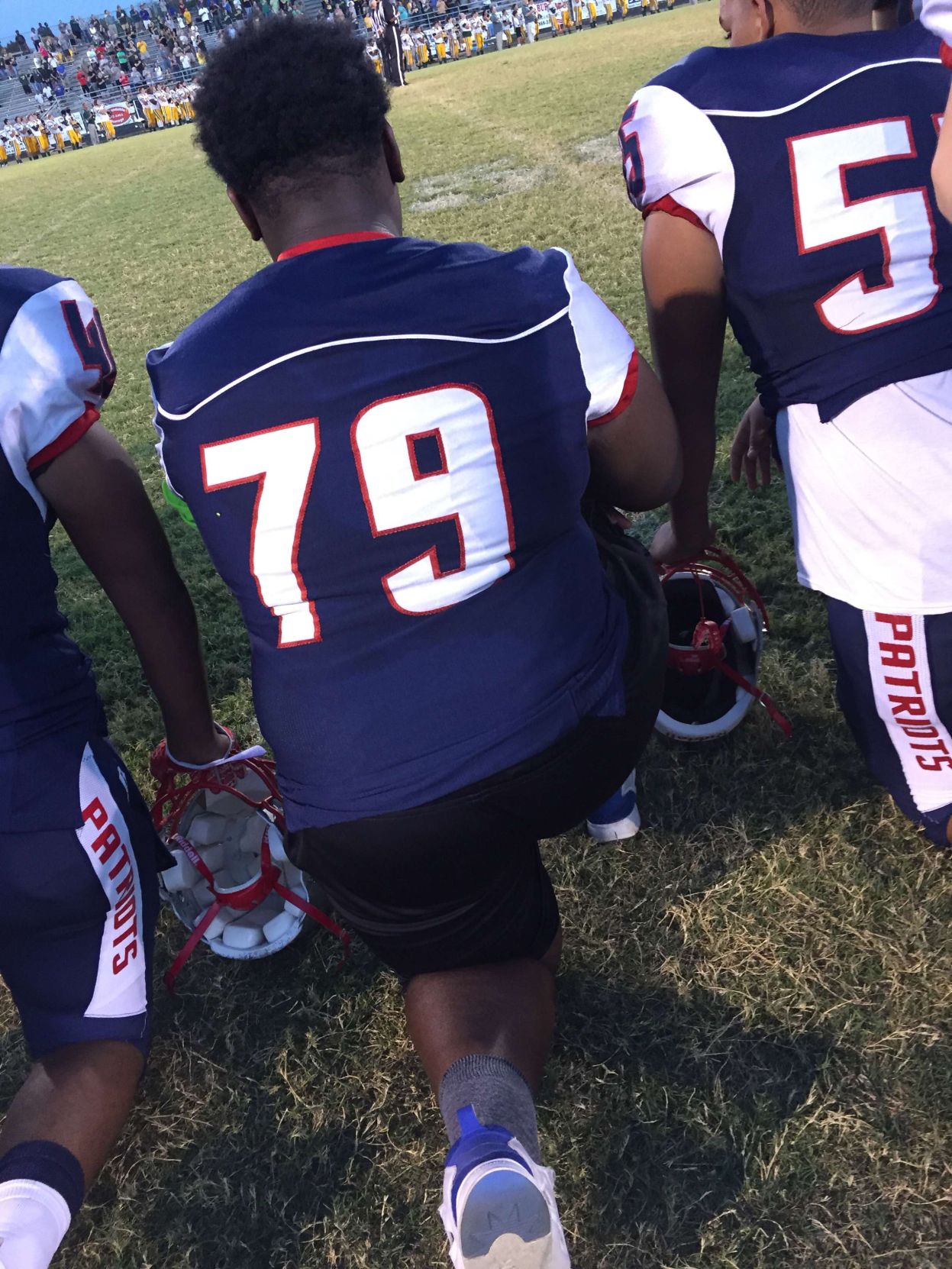
Warren Taylor
October 4, 2017
Vandebilt students earn National Merit Scholar honor
October 4, 2017On a balmy September night three students from a school that calls its football team “The Patriots” chose an action that many cite as unpatriotic – and which some cite as the duty of patriots – by kneeling during a band’s rendition of “The Star Spangled Banner” rather than face the American flag standing, with hands on hearts, as custom here and elsewhere in the U.S. dictates.
At least one of the students promised to continue the action, which he says is to draw attention to minorities being shot dead by police officers, in some cases while unarmed.
Another said it would be his last time, and yet another said he would see if he wished to repeat the behavior at a game this coming week.
“It’s important to take a knee because it’s still things in this world that’s not right,” said Nick Lagarde of the Ellender Memorial High School football team. “A lot of people think America is all nice equal and caring about each other but there’s still police brutality, profiling and social injustice.”
The protest did not take long, just the length of time it took the band to play the national anthem. It was then that Nick, along with teammates Jarred Whitrack and Jorian Butler made their stand, much as NFL players have been doing over the past few weeks, raising furor and debate, particularly after the President of the United Sates weighed in with tweets sharply critical of the pro-ball protesters.
Interviews with coaches, players, attorneys and school administrators, however, indicate that the action was more complicated than it might appear at first glance, as are the responses it may draw in the future.
Long-standing US Supreme Court case-law is highly protective of student rights in matters of expression. But the law can be interpreted several ways. Coaches and athletic directors, however, say they have received little in the way of guidance from school districts and from other government agencies.
“The LHSAA says it’s pretty much up to individual districts, but we are getting no real guidance,” Ellender coach David McCorkmick said. “If the kid wants to kneel, nothing can be done. If the kid wants to stand, nothing can be done. Everybody wants to stay away from the topic and coaches are going to catch flack no matter what decision is made. We were brought here to coach kids, for football. We were hired to bring in kids and teach them to be young men. Everybody has got their constitutional rights, and the fingers will get pointed at the coaches. The coach’s hands are pretty much tied.”
Plans for a protest were already in the works the prior week, when Ellender played South Lafourche. Nick’s father, Mike Lagarde, said Nick was told by coaches not to take a knee and that he was asked by them to discuss the matter with Nick. The elder Lagarde talked with his son, but to no avail.
To complicate matters, Mr. Lagarde said his son was dropped from play for that game. School official say it was for missing practice, three times that week.
Once in receipt of a medical note, Nick was permitted to suit up. There was a knee taken at the South Lafourche game, but it was barely noticed.
Knees were taken by the trio Friday night at South Terrebonne High School’s field, and a lot more people noticed, some making posts on social networks, few of them complimentary.
The students, some posters opined, were merely following the behavior of their “idols” or “heroes.”
Nick said that’s the furthest thing from the truth.
While kneeling, he said, he thought of Cameron Tillman, the young man from his school who was killed by a deputy in the Village East subdivision.
Tillman had possession of a realistic air-pistol that looked just like a real .45 semi-automatic when he opened a door in response to a deputy’s knock.
Jarred Whitlock had a similar response when asked why he chose to go ahead with the demonstration of concern.
The third and youngest, Jorian Butler, said that while he wanted to make a stand, other considerations will likely keep him from doing so in the future.
He was accosted on the sidelines by his brother, Jorian and witnesses said, noting that the soldier brother, just home on leave, had plenty to say.
“The only reason why I took a stand was for all the black people that are killed by police officers, but that will be my last time taking a stand at a football game,” Jorian said.
Terrebonne Parish Superintendent Philip Martin said he was told of students taking a knee at the Ellender game but was not aware of details and would look further into the matter.
The American Civil Liberties Union, however, has been very clear on its position.
Last week ACLU of Louisiana executive director Marjorie Esman condemned the Bossier Parish School District and Parkway High School for threatening to punish student athletes who protest racial injustice by kneeling during the National Anthem:
“Bossier Parish is threatening to punish students for peacefully protesting racial injustice and taking a principled stand for freedom and equality,” Esman said. “This is antithetical to our values as Americans and a threat to students’ constitutional rights. Nearly 75 years ago, the Supreme Court rightly held that state schools have no business forcing students to stand for patriotic rituals. The Court also reminded public school administrators that part of their job is to train students for participation in our free society. This principle holds no less true today, and no less true on the playing field than it does in the classroom. Schools have no valid interest in turning their students into mouthpieces of government speech, full stop. Indeed, schools should respect students who embrace their constitutional rights and stand up to injustice – not punish them. And it would be patently unconstitutional for the school to do so.”
In West Virginia State Board of Education v. Barnette, a 1943 case, Justice Robert Jackson wrote for a tight majority that ordering students to take part in the Pledge of Alliegence was antithetical to what the nation should desire.
“If there is any fixed star in our constitutional constellation, it is that no official, high or petty, can prescribe what shall be orthodox in politics, nationalism, religion, or other matters of opinion or force citizens to confess by word or act their faith therein,” Justice Jackson wrote. “If there are any circumstances which permit an exception, they do not now occur to us. We think the action of the local authorities in compelling the flag salute and pledge transcends constitutional limitations on their power and invades the sphere of intellect and spirit which it is the purpose of the First Amendment to our Constitution to reserve from all official control.” •












